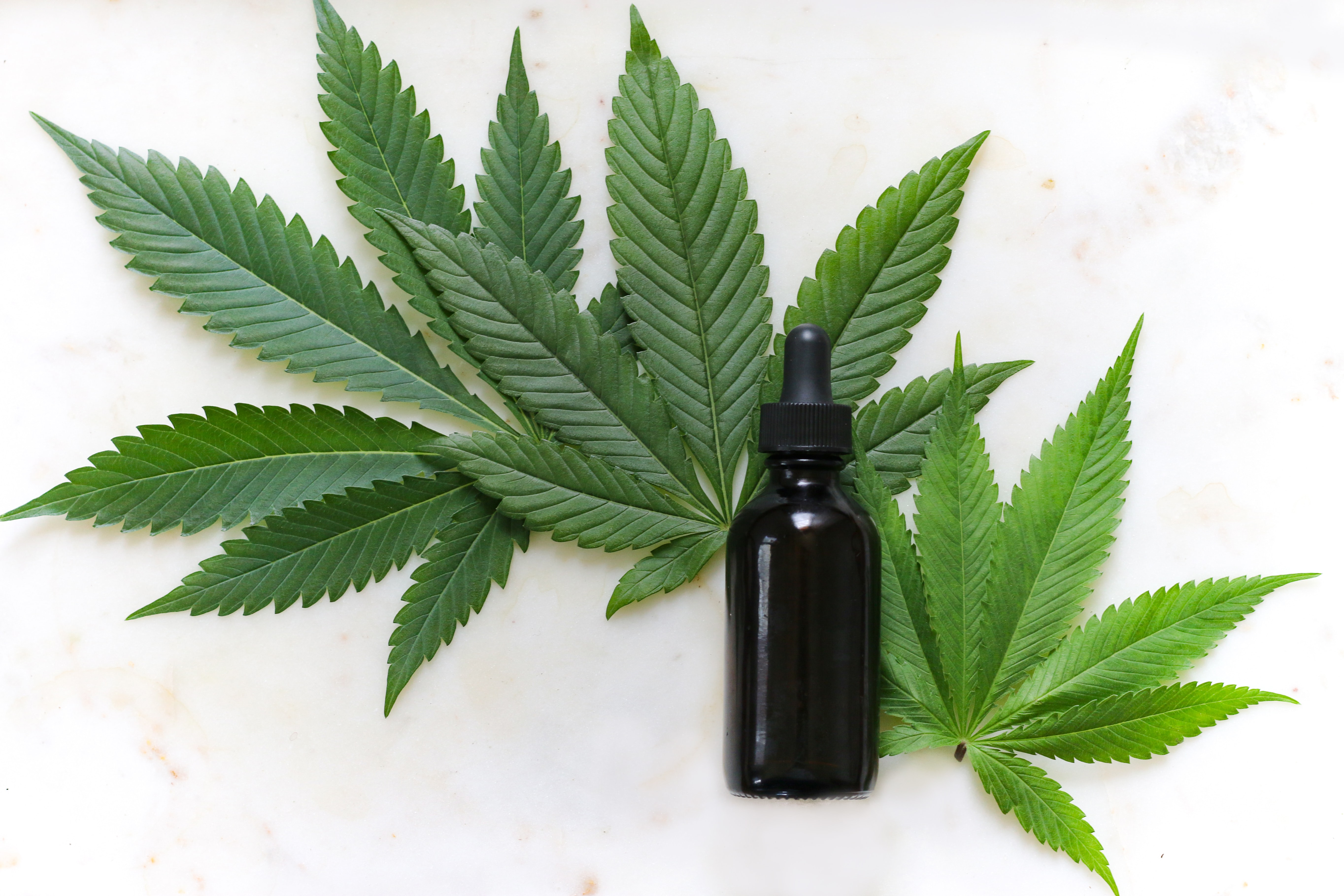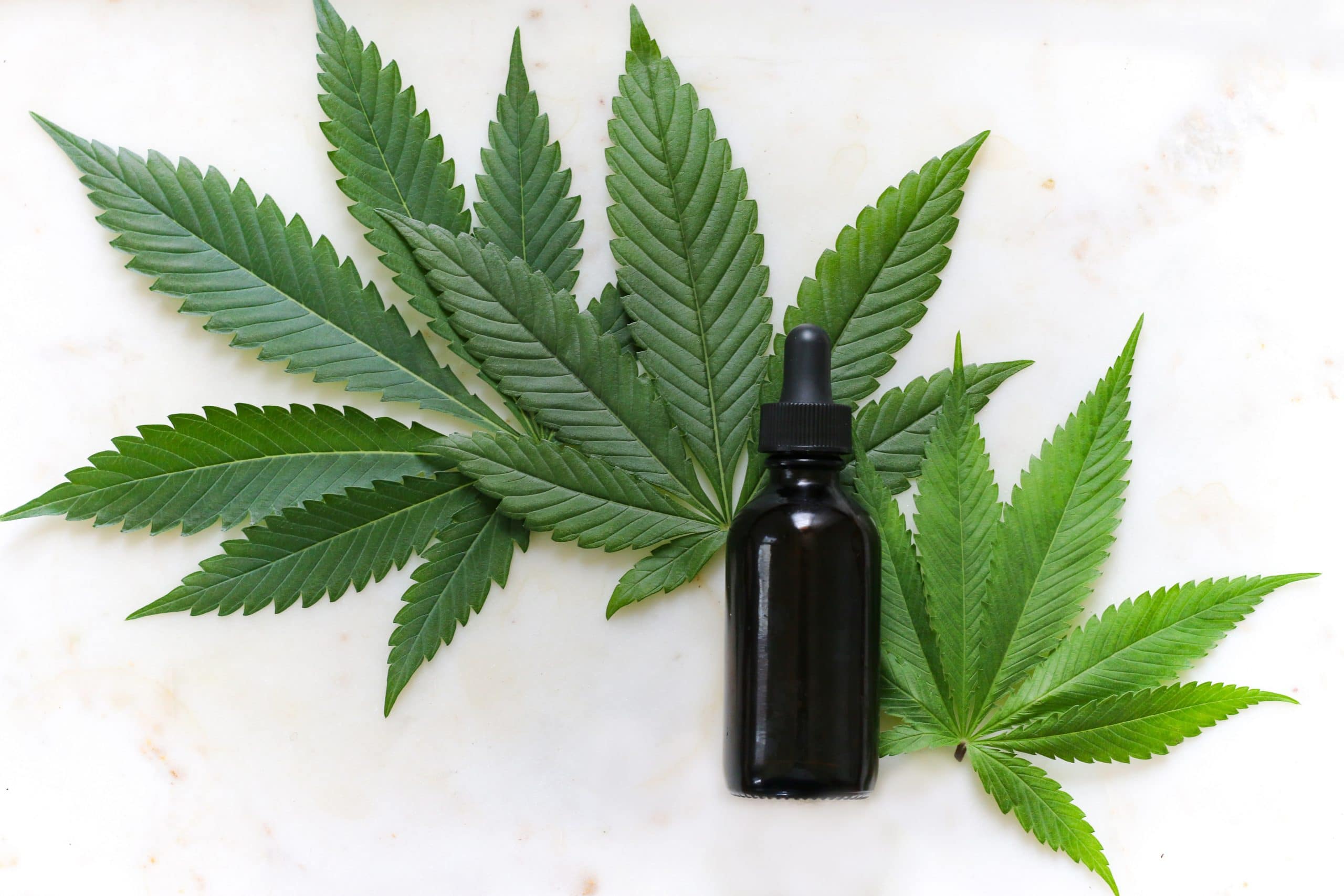Do You Need a Policy for Marijuana Use in the Workplace?
How should workplaces address this rapidly changing topic? Read more for an overview of marijuana laws and suggestions for the best practices to call for in a professional setting.
Creating policies for drug and alcohol use while also finding ways to sustainably maintain them is something that companies have prioritized for years. However, medical marijuana has not always been an exception that companies had to take into consideration. It all started when California state legalized medical marijuana back in 1996.Fast-forward to now, when medical marijuana is legal in 37 states, with the use of recreational marijuana being a legal activity to partake in throughout 18 states, as well as the District of Columbia. Now that the legalization of recreational marijuana is becoming increasingly more popular, there's no better time to craft and implement a marijuana policy that differs from the strict no-cannabis-use rule companies have held in place for years now.
However, this is a much harder feat to accomplish than it sounds at face value. Here are a handful of complications that can arise.
- On a federal level, the law prohibits the consumption of marijuana. As such, any industries or workplaces that are federally regulated, meaning they receive funding from the federal government, must adhere to laws set forth by the federal government, regardless of what local and state laws say in terms of the legalization of marijuana. That's why many companies request that employees take a drug test prior to beginning their new job. These drug tests are often required for people in the following categories:
- Works for the federal government.
- Offers services as a federal contractor.
- Is an employee of an organization that is funded in whole or in part by federal grants.
- Has a commercial driver's license.
- Works in aviation, on railroads or in the oil industry at gas refineries and/or pipelines.
- Is required to carry a firearm as part of their job.
- The laws set forth by local governments can, and often do, differ from state laws as well as federal regulations.
- Laws regarding marijuana use are frequently revised, updated and enforced according to the new guidelines.
- The incidence of court cases that involve companies and their drug-testing policies, particularly in terms of marijuana, are becoming more frequent.
- Despite a company's wishes and preferences, either state or local governments may be permitted to restrict companies from testing potential employees and job applicants.
- The process of hiring remote workers comes with its own set of complications in terms of upholding policies regarding marijuana use during work hours.
Even though the Americans with Disabilities Act calls for accommodations made on behalf of employers for employees who need them, there is no such requirement for employers when it comes to medical marijuana. This is because marijuana is still illegal in the realm of federal law.
Remote workers
While employers reserve the right to prohibit or restrict marijuana use for employees who are on the clock, the lines may be blurred for employees who work remotely, such as from home. It might be the case where remote workers are under the impression that workplace rules do not apply to them if they are working from the comfort of their own homes or other off-site locations. To prevent a misunderstanding of this nature from arising, company policies should be phrased in a way that specifically names both in-office employees and remote workers. The more specific the policies are, the less room there will be for confusion.What should be included in a company's marijuana policy?
Marijuana policies should clearly state whether marijuana use is acceptable during work hours as well as what the policy is for employees when they’re off the clock. Here are details that a professional marijuana use policy should include:
- Expectations regarding marijuana use:
- In the workplace.
- Before work.
- After work.
- During work.
- What employees can expect when it comes to drug testing:
- Reasons for being requested to undergo testing for marijuana in their system.
- The types of drug tests that may be required.
- The consequences of testing positive for marijuana.
- If there are any penalties, including the potential loss of employment.
- Circumstances that may prompt management to request a drug test.
- Repercussions for failing to uphold company policy regarding marijuana use.
- Any and all exceptions to the marijuana use policy.
To ensure that all of your employees are encouraged to maintain compliance with the company's marijuana use policy, it would be helpful to have your employees sign their own copies of the policy after they have read the company's expectations pertaining to marijuana in the workplace.
Other worthwhile considerations
Try not to rush the process of crafting the company's marijuana policy. Take the time to put together a policy that aligns with company culture. If you are unsure about how to proceed, a good rule of thumb is to set the same expectations for marijuana and alcohol use. This may sound difficult because alcohol is legal whereas marijuana is illegal, but alcohol is not an approved substance in many workplaces, just like marijuana use is limited as well.
Additionally, companies that do not have to prohibit the use of marijuana according to state and local laws must decide whether they will implement a zero-tolerance policy, permit the use of medical marijuana alone, or allow employees to partake in the use of both medical and recreational cannabis. This decision will be unique to each company, though it could result in problems should the company have more than one location.
If one location is in a state where the laws allow for marijuana in the workplace while another location is not permitted to allow marijuana use due to local or state laws, complications may arise. In addition to making sure they are in compliance with local and state laws, companies need to think about whether they will implement a company-wide policy or a location-based policy.
Seeking the advice of professionals can make all the difference. Since laws regarding marijuana use often change, a legal professional can ensure that your company remains in compliance as the laws evolve.







Reply a Comment